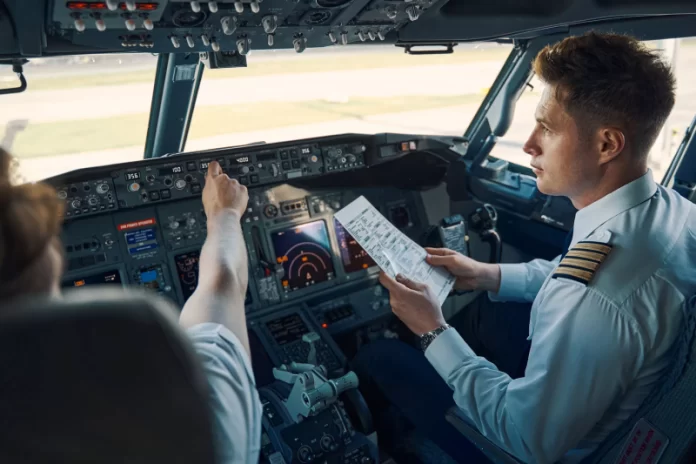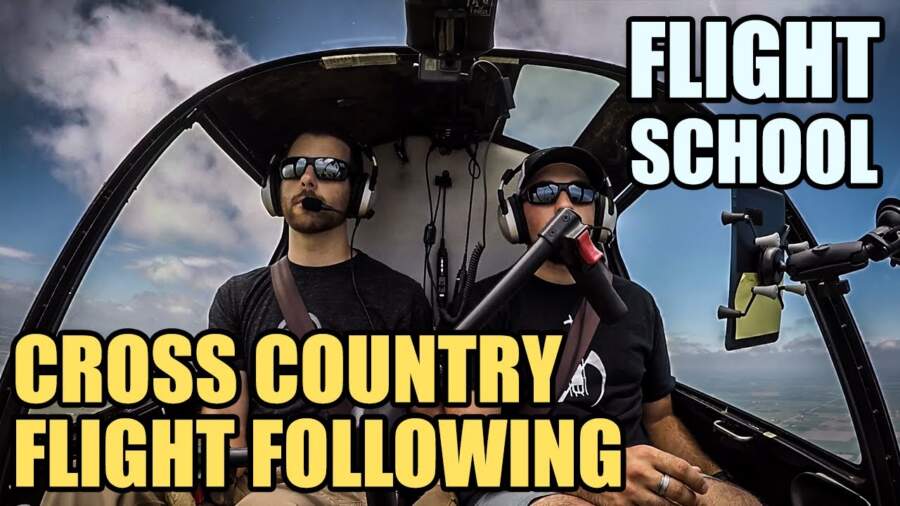There are many reasons for wanting to become a pilot. For one, your office is literally in the clouds, and you enjoy views few can only imagine. Then there is the fun of traveling worldwide and constantly meeting new people. The profession itself is dynamic, as no two flights are the same, and you can regularly expect new and exciting challenges that will only hone your skills and make you a better pilot.
While anyone can become a pilot, people that work well under pressure and enjoy continuous learning have some of the most important traits needed to excel at the job. If you don’t have these attributes, the good news is that you can always acquire them if you are committed and motivated enough. The path to becoming a licensed pilot is riddled with rigorous training, as students must be capable and confident in the cockpit before being certified.
People aspiring for an aviation career have to attend flight schools. Fortunately, there are many flight schools around, but the real challenge is choosing one that’s right for you. This article will discuss some of the most important factors to consider when choosing a flight school. Here we go.
Cost
Cost is usually one of the first things to consider when choosing a school and a flight school is no different. However, if the cost doesn’t matter to you, you can consider it later as it won’t have as much impact on your decision.
Research the schools in your country and those outside your country if you are considering studying abroad. Compare the tuition and other fees that may not be included in the tuition. Such fees include VAT, instructor costs, training material, exams, landing fees, and so on.
Doing this will give you a solid idea of the overall cost to expect. You should also consider the payment methods available at the school. Some institutions may require you to pay the tuition and other fees as a lump sum, while some may accept payment in installments. Some flight schools may even allow you to pay as you go. Consider your financial situation and make an educated decision based on your available options.
Location
Another important factor to consider when choosing a flight school. The location of your flight school has a significant impact on your housing options and part-time work prospects. It also affects your education as the weather varies from location to location, and some areas may be more suited for flying than others.
“Generally, students will benefit from flying schools located or using airport locations in areas with clear weather. Such weather conditions permit all-year round flying which allows students to have more experience while logging the necessary hours they need to become certified faster,” says CAU, a reputable Arizona flight school.
If you are planning to study in another country, familiarize yourself with the visa requirements so you can know what you need to do to obtain a visa. Remember to also check the weather conditions.
Modern Aircraft
The training aircraft fleet of a flying school should be considered. Ideally, a flying school should have new and modern aircraft, and aircraft not older than ten years can be considered new or modern.
A flying school has several benefits of a new and modern aircraft fleet. For one, the aircraft won’t require constant maintenance, which means they’ll be more available to be used for learning. They are also safer, more comfortable, and similar to the aircraft students will fly when they graduate.
It’s not enough that a flight school has modern aircraft, and the fleet size should also be considered. It’s recommended that flight schools have a fleet size of 1 aircraft to 4 to 5 students as this ensures there won’t be a delay in training the students.
Experienced Instructors
A flight school is only as good as its instructors. Anyone who is supposed to teach flying needs to have flying experience. So, flying school instructors should be experienced or retired pilots.
It’s okay if the instructors that cover the initial stages of your training have less experience. But when you get to more advanced and key areas of training, experienced or retired airline pilots should be the ones to teach those aspects. If you are studying abroad and in a non-English country, it’s beneficial to have instructors who speak English.
Career Opportunities
Your dream to fly commercially can be fast-tracked, depending on the flying school you attend. Some flight schools collaborate with airlines to create cadet programs that result in employment opportunities on completion of the program. It’s no secret that being a pilot can bring in some appreciable income. So, you might want to consider schools that offer such programs.
Read Also : What to Expect When You Send Your Child to a Christian School




































































